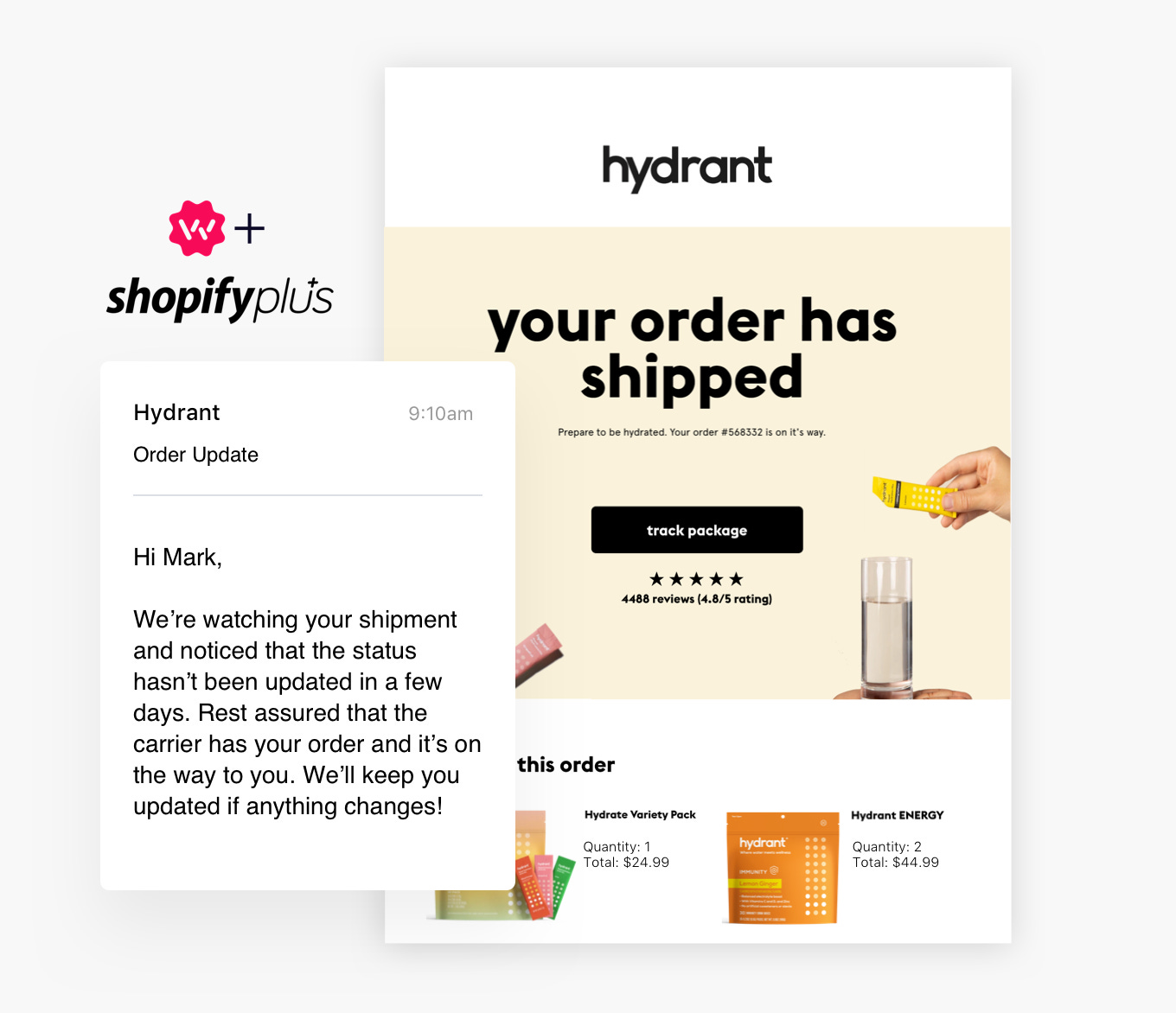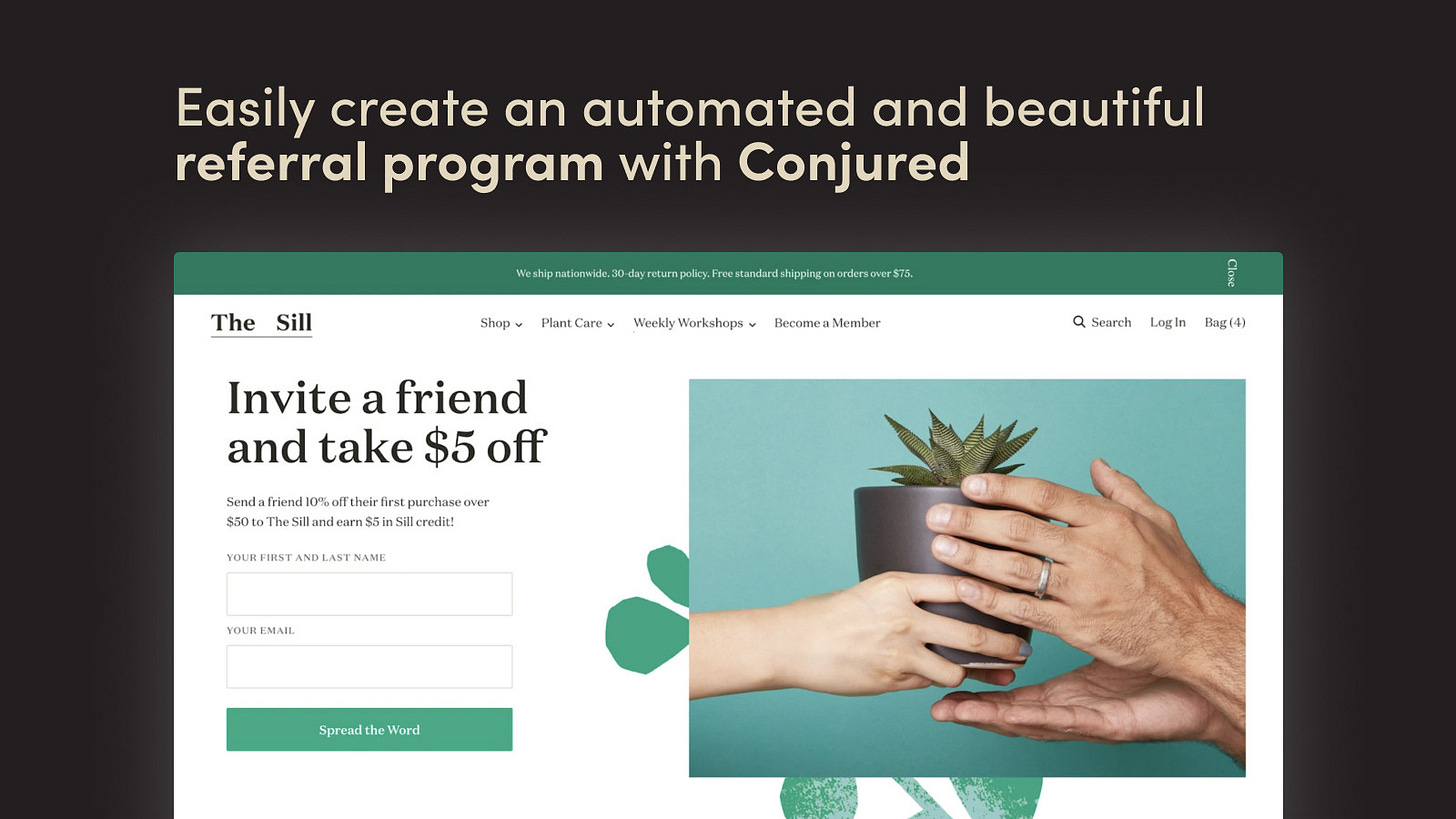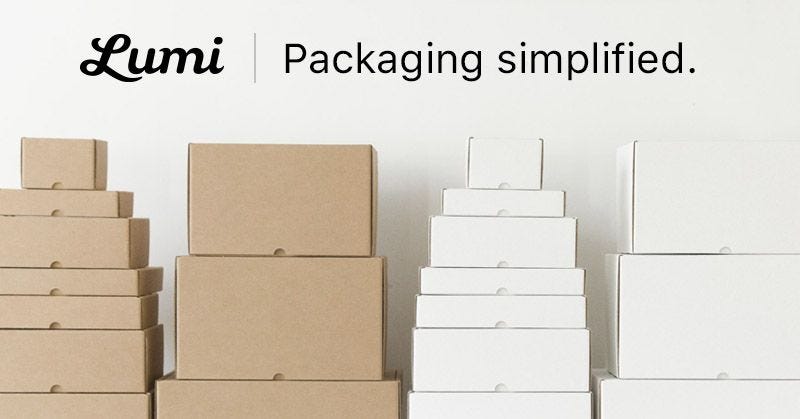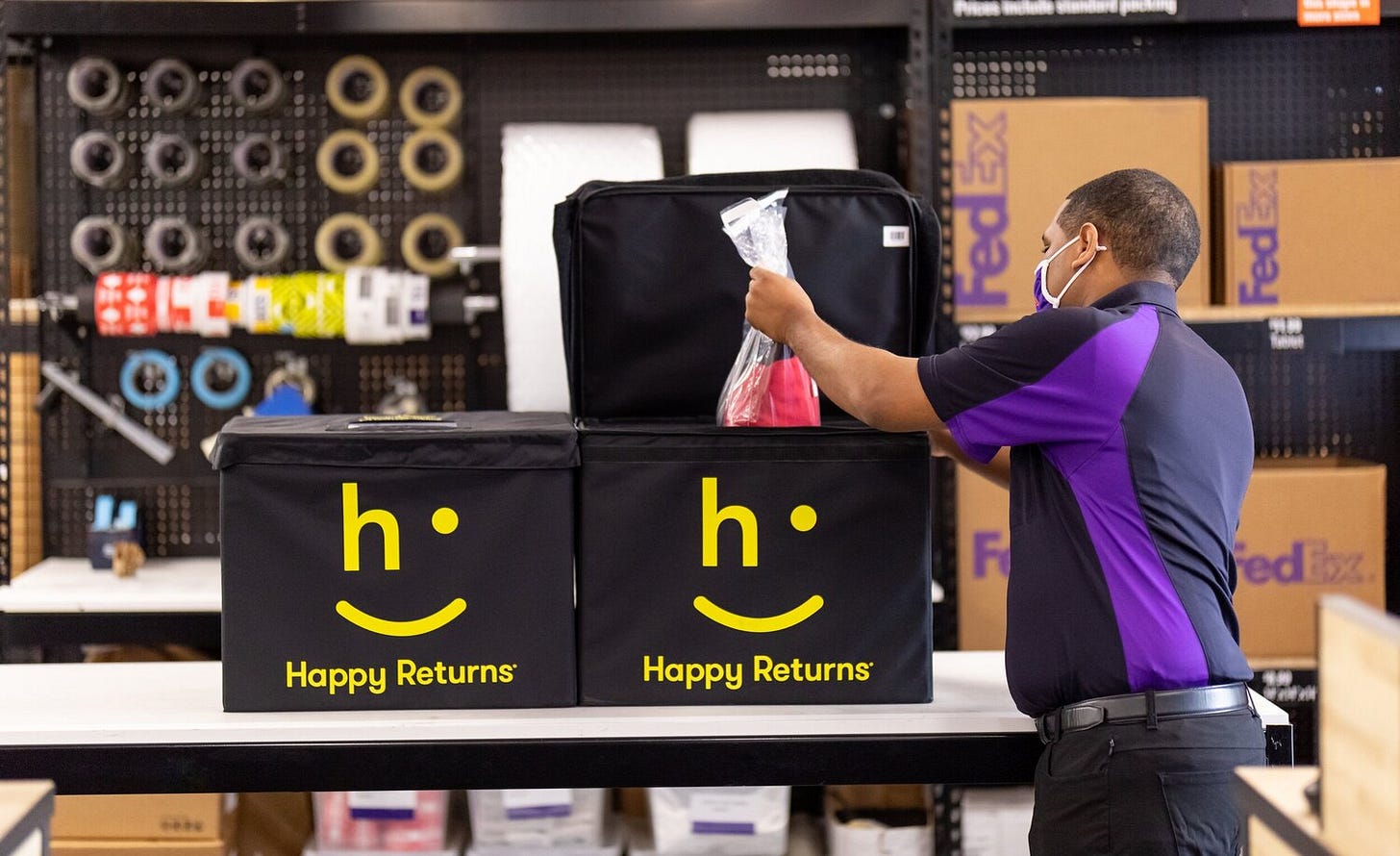More time online means more friends in more timezones. It’s maths. We made a friend a couple of months ago called Tim. His interests include surfing, France and D2C brands.
He loves the latter so much that he runs a really sick resource called 1800-D2C. It’s a directory of all the things that make for a good Ecommerce store. We became buddies pretty quick. Heck, we even contributed an article on Headless that you can read here. Tim, the legend, has gone ahead and given us a run down of 15 apps that make for good Ecommerce. In the next little while we’ll be testing some of these services in different stacks. Should be good, read on.
Weglot
Weglot makes your website multilingual in minutes and allows you to manage all your translations effortlessly. Internationalisation is hugely important, especially across fragmented markets like Europe of South East Asia - so offering a multilingual shopping experience will be a huge driver of extra sales.
Postscript
Right now, the go-to solution for text marketing is Postscript. Though you should also check out Attentive - which is loved by many. Think of Postscript as an SMS CRM, Postscript enables you to text your customers about private product launches, to request feedback and also prompt a recovery of an abandoned cart. If you don’t spam - this can be a huge driver of retention.
Gorgias
If you want to succeed in D2C, you need excellent customer support. And quite simply, Gorgias is the best customer support solution available. It’s extremely user friendly, it communicates with all of your stack, and enables you to take actions (refund orders etc) within platform - so you never have to switch back and forth between tabs of your different apps.
Coop Commerce
The post-purchase experience was quite untapped before Coop came on the scene in 2019. With Coop, you can showcase products from other brands on your ‘thank you’ page. This benefits you because you get a kick back if your users transact on another site - and that also gets you more exposure on other website’s thank you pages. It’s like a merit/credit based system to get you exposure to active traffic from like-minded brands.
Wonderment
The vast majority of your customer tickets are going to be ‘WISMO’ (Where Is My Order) tickets. Wonderment gets rid of those tickets with 2 crucial features. The first is email and texting: Wonderment has a direct feed of tracking updates that flows into its software - they pay large sums to get access to the APIs from the best carriers, and you can create flows within Wonderment or your desired solution (Klayviyo, Postscript etc.) to update customers in real time on their orders (ex: “Sorry! Your package is scheduled to arrive slightly later than expected, you’ll receive it on Monday afternoon”). The second is the ability to create your own branded order tracking page on your site - so that your customers can proactively check on their orders without burdening your CS team.
Conjured Referrals
Referral programs work reaaally well for certain D2Cs. Sometimes it’s the main acquisition driver (see Grove collaborative). There are some highly advanced tools out there that can get expensive but there’s also Conjured. Conjured looks sleek and gives you all the functionality you need to create a seamless referral program.
FullStory
Yeah web analytics are great - but you know what else is great? Qualitative analytics. FullStory are masters of that. They track and record your visitor sessions and give you pointers on where there’s friction so you can improve your conversion rates.
Blueprint
D2C is more about retention than it is about acquisition. But solving retention isn’t always so simple. But Blueprint obsesses over this challenge every day, and their conversational commerce software does drives higher retention. With Blueprint you can text customers on a 1-to-1 basis and process orders via texts (ex: “Hey can I get an extra 12-pack pls?”). What’s more is that Blueprint builds their own algorithms to determine if a customer is in a mood to share feedback, re-order or do nothing - so your risk of spamming them is significantly lower, leading to better quality relationships.
Batch
I’m bullish on a shift in subscription. Not every product is fit for a regular subscription, and Batch is a brand new player that can provide the first strong alternative to subscription. A merchant adds a Batch QR code on their product, and the customer scans that QR code to reorder it once they’re ready. The scan takes you to a 1 click checkout experience so you can stay loyal without ever subscribing.
Lumi
If you want to move efficiently on packaging, just use Lumi. Lumi’s connected to thousands of verified factories across the US so all you have to do is select the type of packaging you want (bottle, box etc) and the quantity - and you’ll be able to purchase it directly via Lumi. You can keep track of your manufacturers in Lumi’s beautiful platform and keep reordering seamlessly.
Happy Returns
You may not have a physical retail presence, but that doesn’t mean you shouldn’t offer in-person returns. Happy Returns connects to large retail chains so that your customers can return products in-person - even if you’re exclusively D2C.
Okendo
Reviews are a must-have for any D2C business. And you absolutely need a solid app to gather reviews, display reviews and analyze them. The perfect app gives you design flexibility, communicates with other apps and isn’t too pricey - that’s Okendo.
Upscribe
If you’re leveraging the Shopify checkout, be on the lookout for Upscribe. They’re gonna be leveraging the new subscription offering from Shopify and overlaying a beautiful UI so that your customers can modify their subscriptions. The main cause of churn is our unpredictability in consuming goods at a regular pace, so having an experience where switching subscription plans is easy will massively impact your retention.
Airhouse
Having a good 3PL partner is essential in D2C. That enables you to focus on building customer relationships, as opposed to hustling on getting orders shipped properly. Airhouse is a layer that connects you to great logistics providers, and displays information in a friendly way - so you can relax and easily manage your inventory and shipments.
Daasity
Once you’re doing more than $1m in annual sales, you’ll want something more advanced than Google Analytics to understand where to optimize your operation. Daasity is the best solution available for eCommerce analytics, and their pricing is friendly too. Daasity powers many successful D2Cs and they use the data plugged in to further improve their existing algorithms to give you powerful and actionable insights. In short, it gets better - consistently.
So, that’s 15 tools from Tim. Got any questions? Reckon there’s something that deserves to be on here? Get in the comments.
Over the next while we’re going to be testing the implementation of some of these tools, if you have any burning requests, let us know.
Always Beta College™
A weekly newsletter by Love + Money.
Copyright © 2021
All Rights Reserved
Love + Money Agency
”Melbourne, VIC”
-
Love + Money acknowledges the Traditional Owners of the land in which we work and pay our respects to Elders past, present, and emerging.















